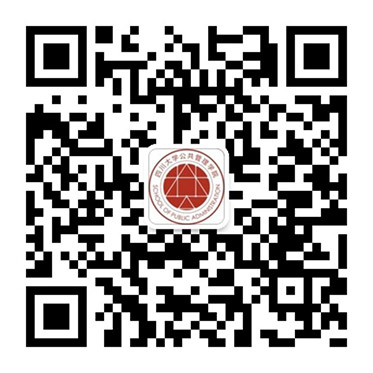摘 要:Introduction: This study investigated the longitudinal effects between adolescent emotional self-regulation and prosocial behavior toward powerful people (i.e., actions aimed at benefiting or supporting individuals who hold significant influence or authority within a group or society), based on the perspective of positive socialization cycle.
Methods: We recruited 543 Chinese adolescents (284 girls, M age at Time 1 = 11.27 years) and collected three waves of data over 3 years, each approximately 1 year apart (n Time 2=449, n Time 3=417). Traditional cross-lagged panel model was conducted to test the longitudinal relationship between emotional self-regulation and prosocial behavior toward powerful people. Then, a random-intercept cross- lagged panel model was performed to disentangle the between-person differences from the within-person predictive processes.
Results: The results showed that, emotional self-regulation in the previous year was positively associated with prosocial behavior toward powerful people in the next year, whereas earlier prosocial behavior toward powerful people was not predictive of subsequent emotional self-regulation.
Conclusions: Findings advocate the domain-specific nature of self-regulation and prosocial behavior and deepen our understanding of the relationship between the two from the culture-specific perspective. This study also highlights the value of emotional self-regulation intervention as a viable way to promote adolescent prosocial development. Theoretical and empirical implications are discussed.
关键词:emotional self-regulation, prosocial behavior, random-intercept cross-lagged panel model, within-person analysis
【本文通讯作者刘传军为四川大学公共管理学院副教授,硕士生导师。】




